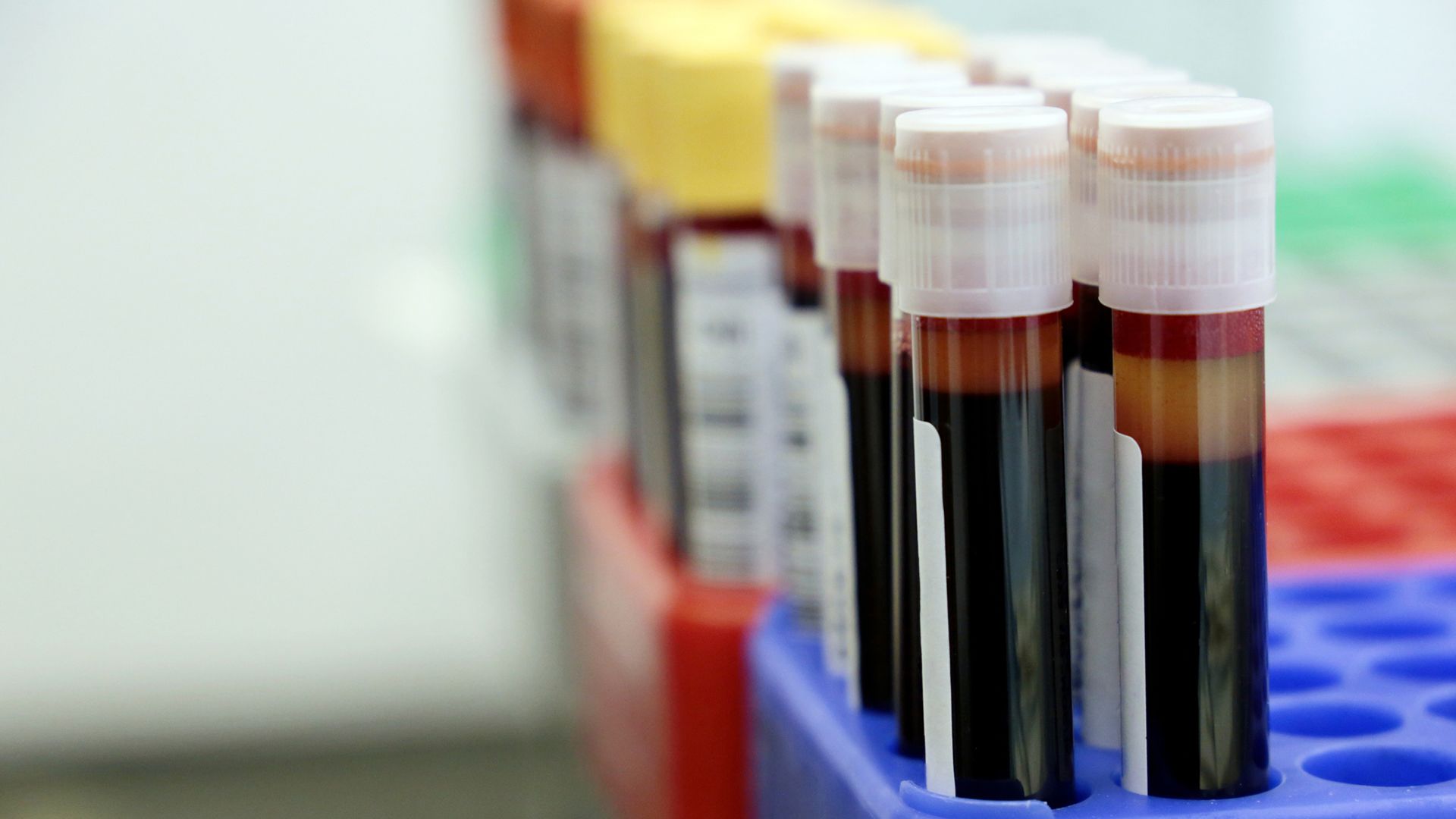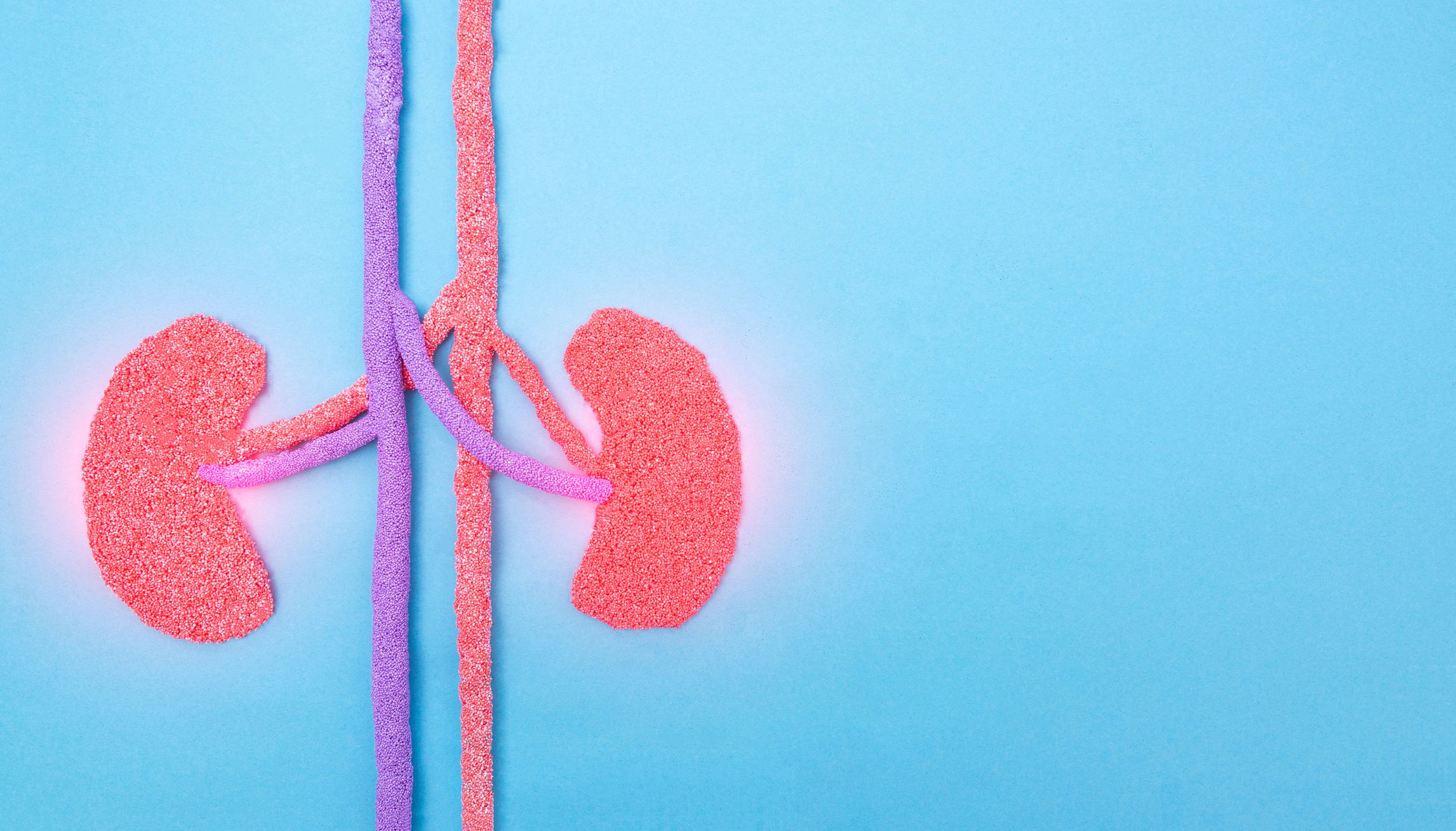Iron-deficiency anemia occurs when your body doesn't have enough iron. As a result, it’s unable to produce adequate amounts of hemoglobin—a protein in red blood cells that’s responsible for carrying oxygen to organs and tissues throughout the body. Just like you need air to breathe, your organs and tissues need oxygen to be able to function effectively.
Symptoms of iron-deficiency anemia may include paleness of the skin, weakness, shortness of breath, and increased heart rate. But for some people with iron-deficiency anemia, the symptoms can be neurological and psychological in nature, too. In fact, fatigue, brain fog, and restless legs are often some of the first symptoms present in adults with iron-deficiency anemia. Other symptoms may include anxiety, depression, and irritability.
The iron and mental health connection
The exact link between iron and mental health is still being studied, but findings suggest that iron plays a key role in many of the brain’s processes that help regulate moods, emotions, and psychological behaviors.
For example: The amount of iron in your brain is carefully controlled by something called the blood-brain barrier. While the blood-brain barrier helps protect the brain from dangerous pathogens, it also sets strict rules about the amount of vital nutrients that can make it to the brain. As a result, the blood-brain barrier very closely monitors the amount of iron that’s allowed to enter the brain, and it bases this on how much iron is present in the body.
If your body is deficient in iron, less iron will reach your brain. And without enough iron in the brain and nerves, problems can occur with neurotransmitter signaling, the formation of nerve myelin (insulating tissue that protects the nerves), and brain energy metabolism. This slowdown of brain and nerve processing can impact the way you think, feel, and behave.
Iron deficiency can also disrupt the production of neurotransmitters—chemicals that transmit signals between neurons. One example is dopamine. Dopamine is one of the neurotransmitters in the brain that’s responsible for feelings of happiness and pleasure. It’s also important in helping you focus. An amino acid called tyrosine (found in many protein-rich foods) is key in helping the body produce dopamine, but this only happens in the presence of iron. As a result, a lack of iron can mean less dopamine production, which can lead to depression, anxiety, and movement disorders like restless leg syndrome.
The importance of addressing mental health
Treating iron-deficiency anemia can improve how you feel both physically and mentally. Treatment may include modifying your diet to include iron-rich or folate-rich foods (plus vitamin C to increase your iron absorption). Iron supplements might be also recommended (but should only be taken under the guidance of a healthcare provider, as they can cause unwanted side effects). In more severe cases, iron transfusions may be needed.
Additionally, mental and emotional health should be a part of your treatment. Sadness, anxiety, anger, and other negative feelings and emotions can have many causes. Remember that you don’t have to figure out everything on your own. If needed, your healthcare provider can connect you with professionals who specialist in mental health—for example, a therapist who can help you talk through your feelings, identify your triggers, and learn tools and strategies to manage your symptoms.






